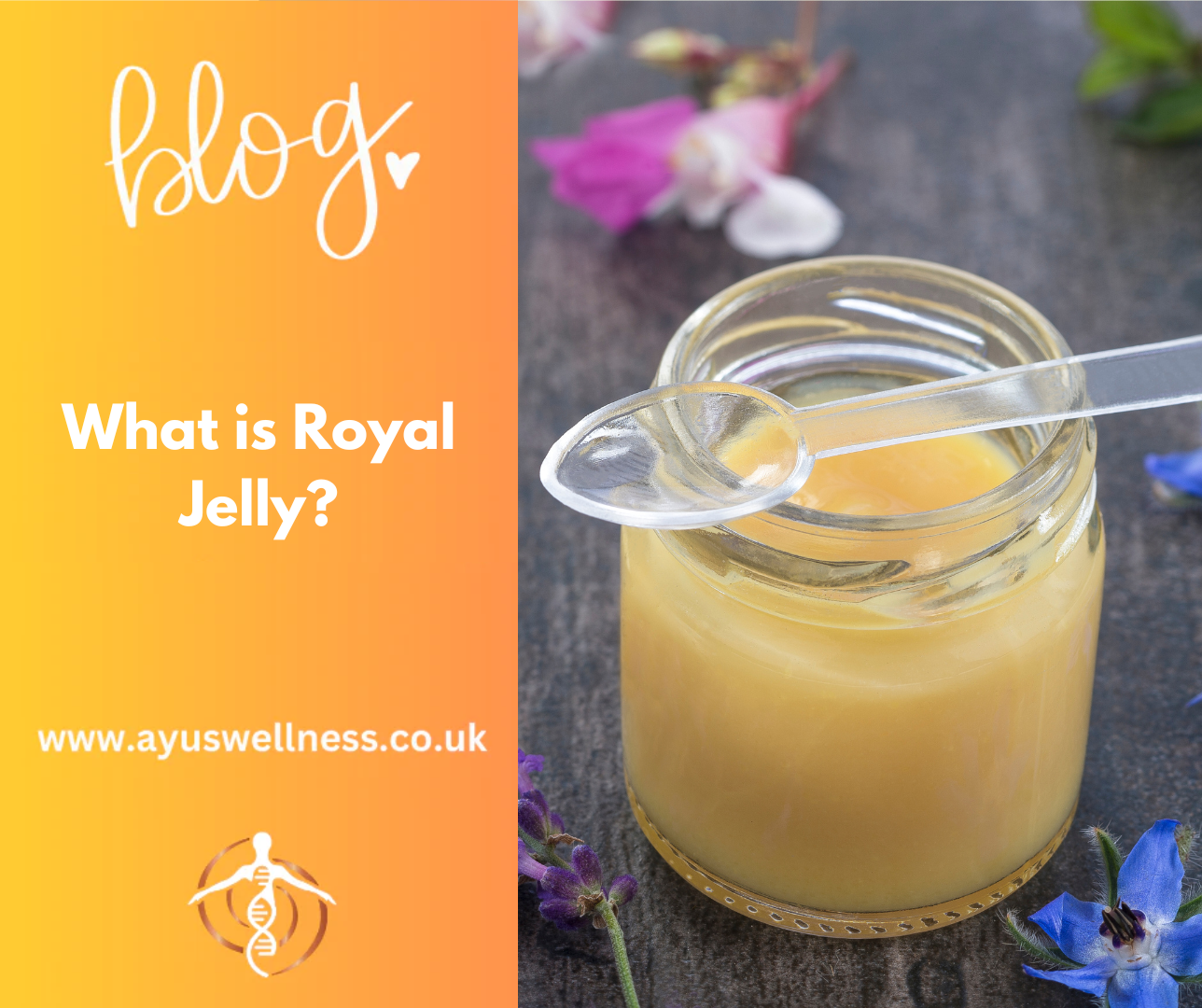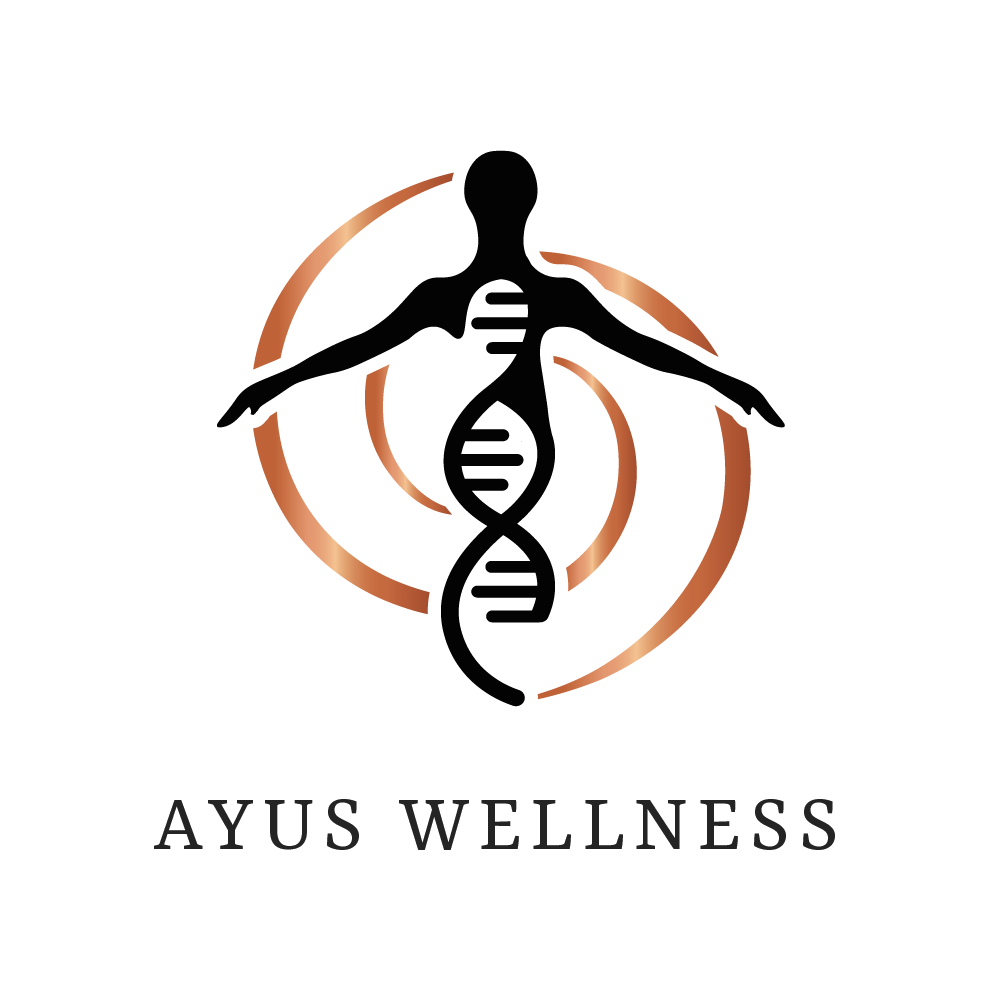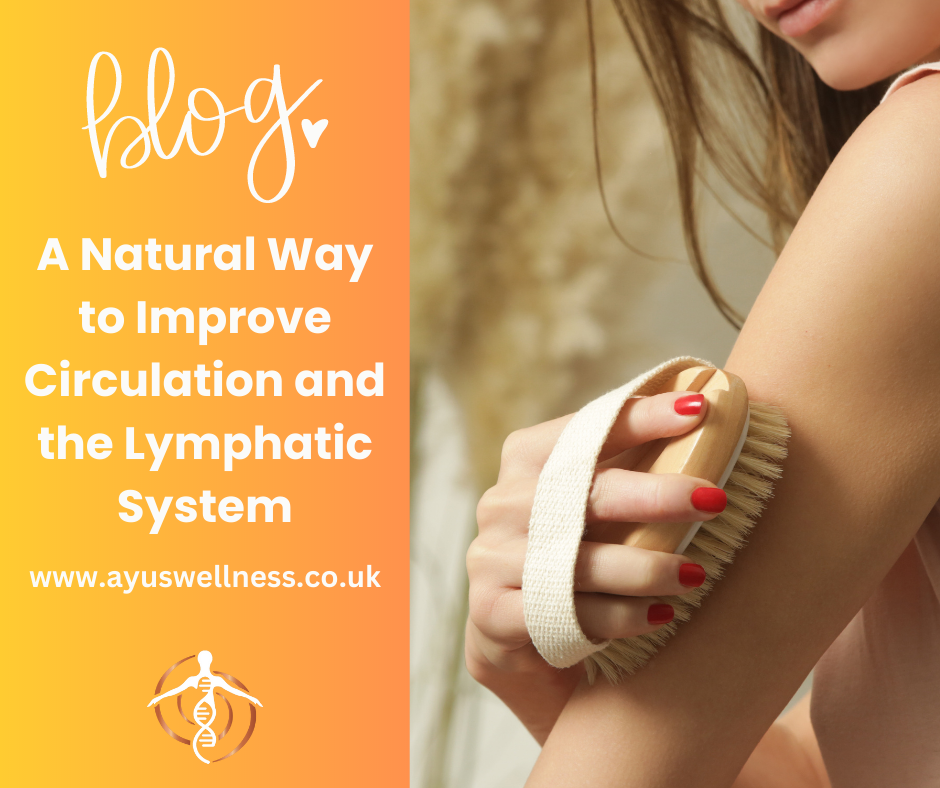
Royal jelly is a nutrient-rich substance produced by honey bees, primarily used to feed developing queen bees. Also known as honey bee milk or queen bee jelly, this creamy, yellowish-white secretion has gained popularity among humans as a dietary supplement and skincare ingredient. With claims ranging from blood sugar regulation to anti-ageing, royal jelly is believed to offer several potential health benefits. However, it’s important to note that scientific evidence supporting these claims is still limited.
What is Royal Jelly?
Royal jelly is a secretion made by honey bees to nourish their larvae and the queen bee. It contains fatty acids, proteins, and B vitamins, making it a nutrient-dense substance. While it's essential for the development of queen bees, royal jelly is also consumed by humans for its potential health benefits, which include reducing high cholesterol, managing menopause symptoms, and supporting skin health.
Health Benefits of Royal Jelly
While more research is needed, some studies suggest that royal jelly may offer several health benefits, thanks to its anti-inflammatory, antibacterial, and antioxidant properties. Let’s explore some of the potential benefits below.
1. Blood Sugar Regulation
Royal jelly may help people with type 2 diabetes regulate their blood sugar levels. A review of human clinical trials found that royal jelly slightly lowered blood sugar levels in people with type 2 diabetes. However, the researchers concluded that the evidence was not strong enough to prove its effectiveness over the long term.
Other studies offer conflicting results. One review found that royal jelly did not significantly improve fasting blood sugar levels or HbA1C (a marker showing average blood sugar levels over time). More research is needed to establish its role in blood sugar management.
2. Reducing High Cholesterol
Some human studies suggest that royal jelly can positively affect cholesterol levels. It may help increase "good" HDL cholesterol and reduce "bad" LDL cholesterol. For instance, a study of 36 postmenopausal women taking 150mg of royal jelly daily for three months showed an increase in HDL cholesterol by 7.7% and a decrease in LDL cholesterol by 4.1%.
However, these studies involved small sample sizes, and dosages varied significantly. Thus, more research is necessary to determine whether royal jelly can be used as a reliable treatment for high cholesterol.
3. Relief for PMS and Menopause Symptoms
Limited research shows that royal jelly might help reduce symptoms of premenstrual syndrome (PMS) and menopause. A study involving 110 female college students found that taking 1,000mg of royal jelly for two months reduced PMS symptoms by 50%.
Regarding menopause, a study of 42 postmenopausal women taking 800mg of royal jelly for 12 weeks reported reduced back pain and anxiety. Another study found that 1,000mg of royal jelly daily for eight weeks helped to alleviate menopause symptoms, but larger, more robust studies are needed to confirm these results.
4. Reducing Chemotherapy Side Effects
Some lab studies suggest that royal jelly may reduce tumour mass and boost the immune response, potentially increasing the effectiveness of chemotherapy medications. More promisingly, royal jelly has shown potential in treating oral mucositis, a common side effect of chemotherapy that causes painful mouth sores.
In one study, 103 patients undergoing chemotherapy or radiotherapy found that those who took royal jelly healed faster than the placebo group. While encouraging, more human studies are needed before royal jelly can be recommended as a treatment for chemotherapy side effects.
How to Take Royal Jelly
Royal jelly can be consumed in various forms, including fresh, as capsules, or soft gels. It’s also used in many skincare products and immune health supplements.
Dosage
There is no standard dosage for royal jelly, as studies have used amounts ranging from 150mg to over 3,000mg daily. Most people take around 1,000mg per day, and clinical trials often last between eight weeks and three months for best results. Always consult your healthcare provider before starting any supplements to determine the right dosage for your needs.
Is Royal Jelly Safe?
Royal jelly is generally considered safe for most people when taken in moderate amounts or used in skincare products. However, there are some caveats:
- Pregnant or breastfeeding women and children should avoid royal jelly, as there is insufficient research on its safety for these groups.
- People with allergies to honey or bee stings should steer clear, as royal jelly contains similar allergens.
- Those with asthma or eczema should be cautious due to the risk of allergic reactions.
Potential Drug Interactions
Royal jelly may interact with certain medications, potentially altering their effectiveness:
- Blood thinners like warfarin can increase the risk of bleeding when taken with royal jelly.
- Hormone therapies may be affected, as royal jelly can influence estrogen levels.
- Diabetes medications could interact with royal jelly, causing blood sugar levels to drop too low.
Always speak with your doctor before taking royal jelly if you’re on any medications to avoid potential interactions.
What to Look for in Royal Jelly Supplements
When purchasing royal jelly supplements, it's important to choose high-quality products that have been tested by third-party organisations for purity and potency. While most royal jelly comes from China, and there are no international quality standards, selecting certified products can ensure you’re getting a reliable supplement.
Can You Have Too Much Royal Jelly?
The long-term effects of taking large amounts of royal jelly aren’t well understood. However, research has shown that taking up to 4,800mg daily for a year did not cause liver toxicity or other significant side effects. Still, it's best to stick to the recommended doses unless advised otherwise by a healthcare professional.
Conclusion
Royal jelly is a fascinating natural substance with potential health benefits ranging from cholesterol reduction to PMS relief. However, much of the research is still in its early stages, and more human trials are needed to fully understand its effects. If you’re interested in adding royal jelly to your diet or skincare routine, consult your healthcare provider to ensure it’s the right choice for you.
FAQs
-
What is royal jelly?
Royal jelly is a substance produced by honey bees to feed queen bees and larvae. It is also used as a supplement for its potential health benefits. -
Can royal jelly help lower cholesterol?
Some studies suggest royal jelly can reduce "bad" LDL cholesterol and increase "good" HDL cholesterol, but more research is needed. -
Is royal jelly safe to use during pregnancy?
Royal jelly is not recommended for use during pregnancy or breastfeeding due to limited research on its safety. -
What is the recommended dosage of royal jelly?
The typical dosage is around 1,000mg daily, but this can vary depending on the individual and the purpose of use. -
Can royal jelly cause allergic reactions?
Yes, people allergic to honey, bee stings, or those with asthma or eczema should avoid royal jelly, as it can trigger allergic reactions.



